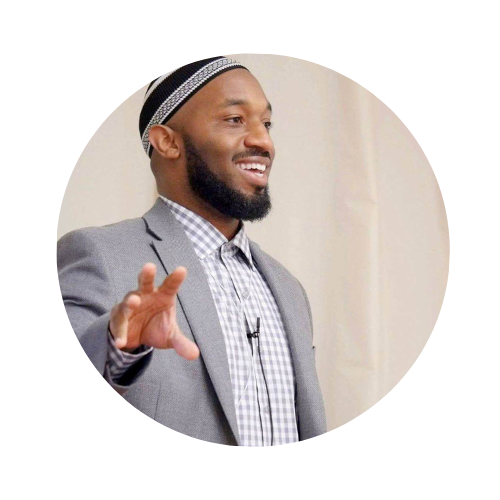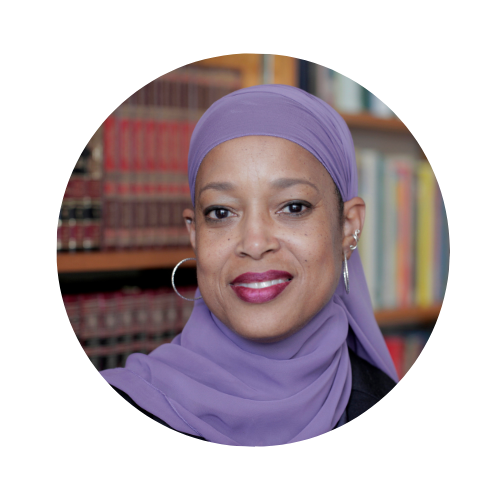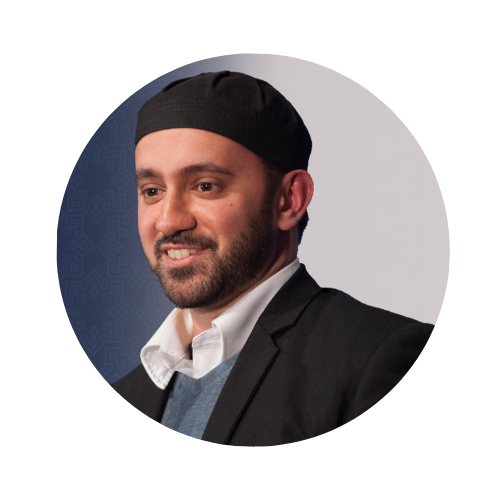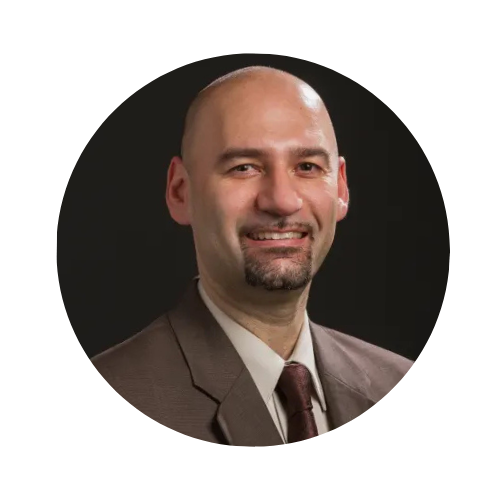Department of Chaplaincy
- Home >
- Department of Chaplaincy
Master of Divinity (M.Div.) in Islamic Chaplaincy
This rigorous 75-unit, 3-year program is the premier Islamic Chaplaincy track in North America. Designed for students seeking to serve as Muslim chaplains in hospitals, prisons, universities, and the military, the M.Div. blends classical Islamic scholarship with accredited training in clinical pastoral care.
You will graduate with:
- A solid foundation in Qur’anic recitation, theology (ʿAqīdah), and jurisprudence (Fiqh)
- Expertise in counseling, interfaith engagement, and trauma-informed care
- A completed unit of Clinical Pastoral Education (CPE) in an ACPE-accredited institution
Pre-requisite: Bachelor’s degree (any field)
About the Curriculum
The curriculum is structured to integrate rigorous academic coursework with experiential learning. Students undertake core courses in classical Islamic disciplines to ensure scholarly depth, and specialized courses in chaplaincy that focus on spiritual care, crisis intervention, and community outreach. A hallmark of the program is the inclusion of Clinical Pastoral Education (CPE), where students complete supervised clinical training in settings like hospitals or other care institutions. In addition, fieldwork placements or internships provide real-world ministry experience, allowing students to apply their learning through service as chaplains-in-training under the guidance of experienced mentors.
Who is this program for?
Ideal candidates for the Islamic Chaplaincy M.Div. are aspiring chaplains, Imams, or community leaders who seek to serve as faith-based caregivers in environments such as healthcare, higher education, the military, or correctional institutions. Graduates of this program will possess the core religious competencies of Islamic knowledge to complement the pastoral skill sets required to offer compassionate spiritual care to Muslims and broader communities, in diverse, public and private institutions. They will be equipped to pursue chaplaincy certification and to serve communities with integrity, cultural competence, and adherence to standard Islamic liturgical and ethical norms. Applicants should hold a bachelor’s degree.

Dr. Jihad Saafir

Tahera Akmal

Imam Khalid Latif

Dr. Hamada Hamid
Core Courses
Islamic Rational Theology
A rigorous introduction to classical Islamic theology. This course explores doctrines and theological tools within Ashʿarī and Māturīdī traditions, covering topics like God, prophecy, free will, and epistemology. Includes historical survey and primary text engagement.Islamic Law & Legal Theory
Introduces classical jurisprudence and legal reasoning in Sunni schools of thought. Covers foundational concepts, interpretive methodologies, and Sharīʿah application across contexts.Qur’anic Sciences
Examines the Qur’an’s revelation, compilation, variant readings, and tafsīr. Students critically explore traditional interpretations and contemporary scholarship in Qur’anic studies.Islamic History
A survey of Islamic civilization from the Prophet’s time through the Umayyad, Abbasid, Ottoman, and pre-modern eras. Covers historiography and memory shaping across political, cultural, and intellectual developments.Paradigms of Islamic Spirituality
Explores spiritual refinement via Qur’anic, Prophetic, and classical Sufi sources. Covers figures like al-Qushayri, al-Ghazali, Rumi, and Ibn Arabi to examine inner purification and collective ethics over time.Program Requirements
CONNECT WITH US
Are you ready to enroll?
Join a dynamic community of changemakers at Bayan Islamic Graduate School. Whether you're pursuing leadership in chaplaincy, education, scholarship, or public service, Bayan offers flexible, accredited graduate programs grounded in Islamic tradition and designed for modern impact. With a hybrid model ideal for working professionals, enrolling at Bayan means taking the next step in your spiritual, academic, and professional journey.
